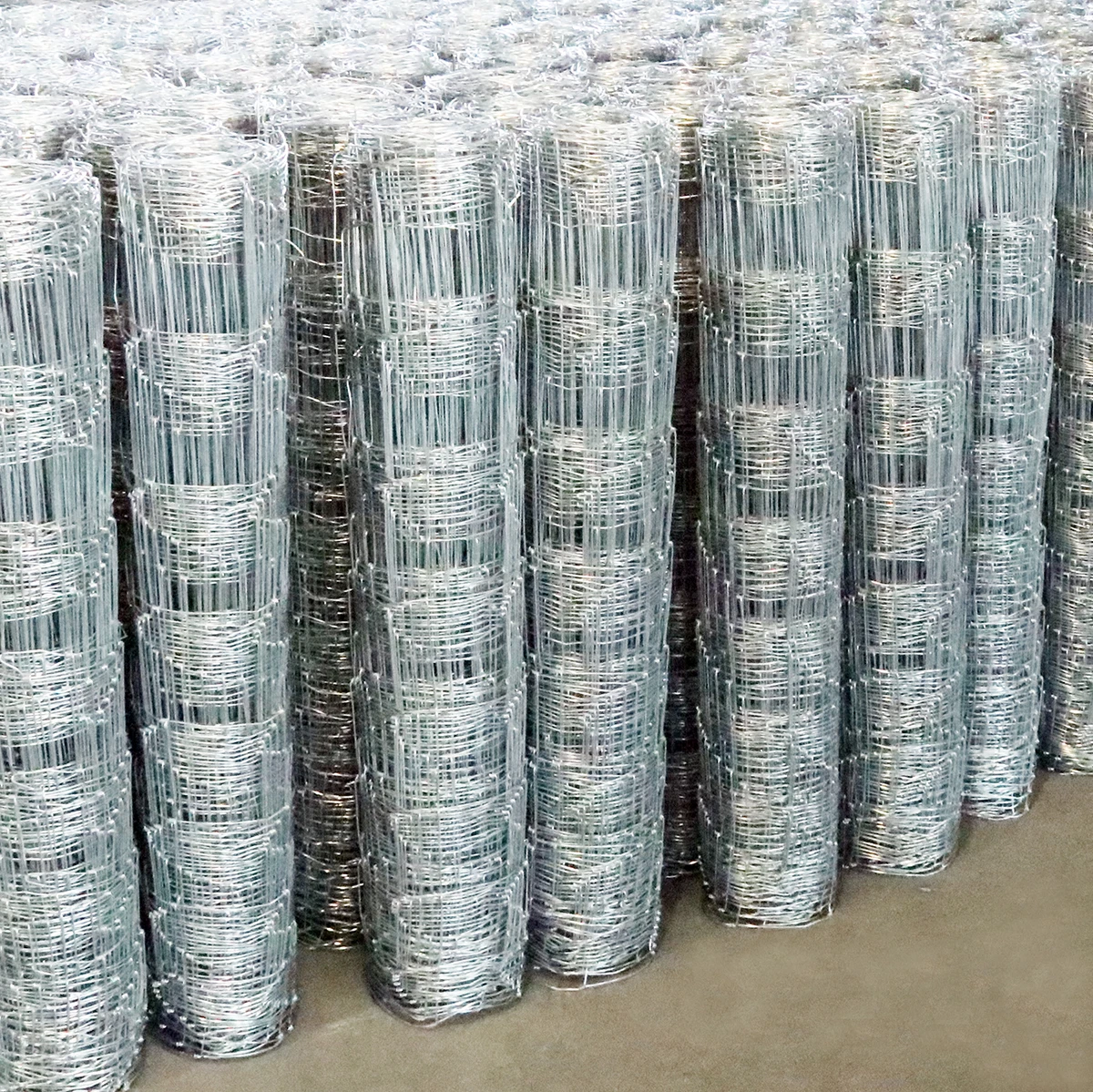Exploring the Best Options for Small Trailer Springs to Enhance Your Towing Experience
Aug . 01, 2024 03:40
Understanding Small Trailer Springs Essential Components for Optimal Performance
When it comes to small trailers, one of the critical components that often goes overlooked is the springs. These unassuming parts play a pivotal role in determining the overall performance, safety, and longevity of the trailer. Whether used for transporting goods, recreational vehicles, or livestock, the quality and condition of small trailer springs can significantly impact how well the trailer performs.
The Function of Trailer Springs
Trailer springs are designed to absorb the shocks and bumps that come with towing a trailer. They ensure that the load remains stable and secure, mitigating the impact of road irregularities. Essentially, springs help to maintain the trailer's axle alignment, which is crucial for safe handling. Without a reliable system of springs, trailers can sway, become unstable, and may even lead to hazardous conditions for motorists.
Types of Small Trailer Springs
There are several types of springs used in small trailers, including leaf springs, coil springs, and torsion axles. Leaf springs are the most common for small trailers due to their simplicity, durability, and ability to handle heavy loads. They are made up of several layers of metal strips bound together, creating a flexible and resilient structure.
Coil springs, on the other hand, offer a smoother ride by providing better shock absorption. They are often used in smaller trailers and recreational vehicles where comfort is essential. Torsion axles, which use rubber cords to absorb shocks, are another option that provides a unique form of suspension. They help minimize bouncing and improve overall stability, making them ideal for certain types of trailers.
small trailer springs

Selecting the Right Springs
Choosing the right springs for a small trailer involves considering several factors, including the trailer's weight, intended use, and the type of terrain it will frequently navigate. It’s crucial to match the spring’s load capacity with the trailer's weight distribution to ensure optimal performance. Overloading trailer springs can lead to premature wear and even failure, which poses a safety risk.
Maintenance of Small Trailer Springs
Like any mechanical component, trailer springs require regular maintenance to function properly. Inspections should be conducted frequently to check for signs of wear, rust, or damage. Greasing the spring’s pivot points can also extend their lifespan and improve performance. If any signs of damage are detected, immediate replacement is recommended to avoid compromising safety.
Conclusion
In summary, small trailer springs are an integral part of trailer safety and performance. Understanding their function, types, and maintenance is essential for anyone involved in towing or using trailers. By selecting the right types of springs and ensuring they are well-maintained, trailer owners can enhance the trailer's handling, improve ride quality, and ensure that they remain safe on the road. As with any part of a trailer, investing time and resources into the maintenance and selection of trailers springs pays dividends in safety and reliability. Remember, a well-equipped trailer is not just a convenience; it is a commitment to safe and responsible towing.









 Unity
Unity Creation
Creation Challenge
Challenge Contribution
Contribution










